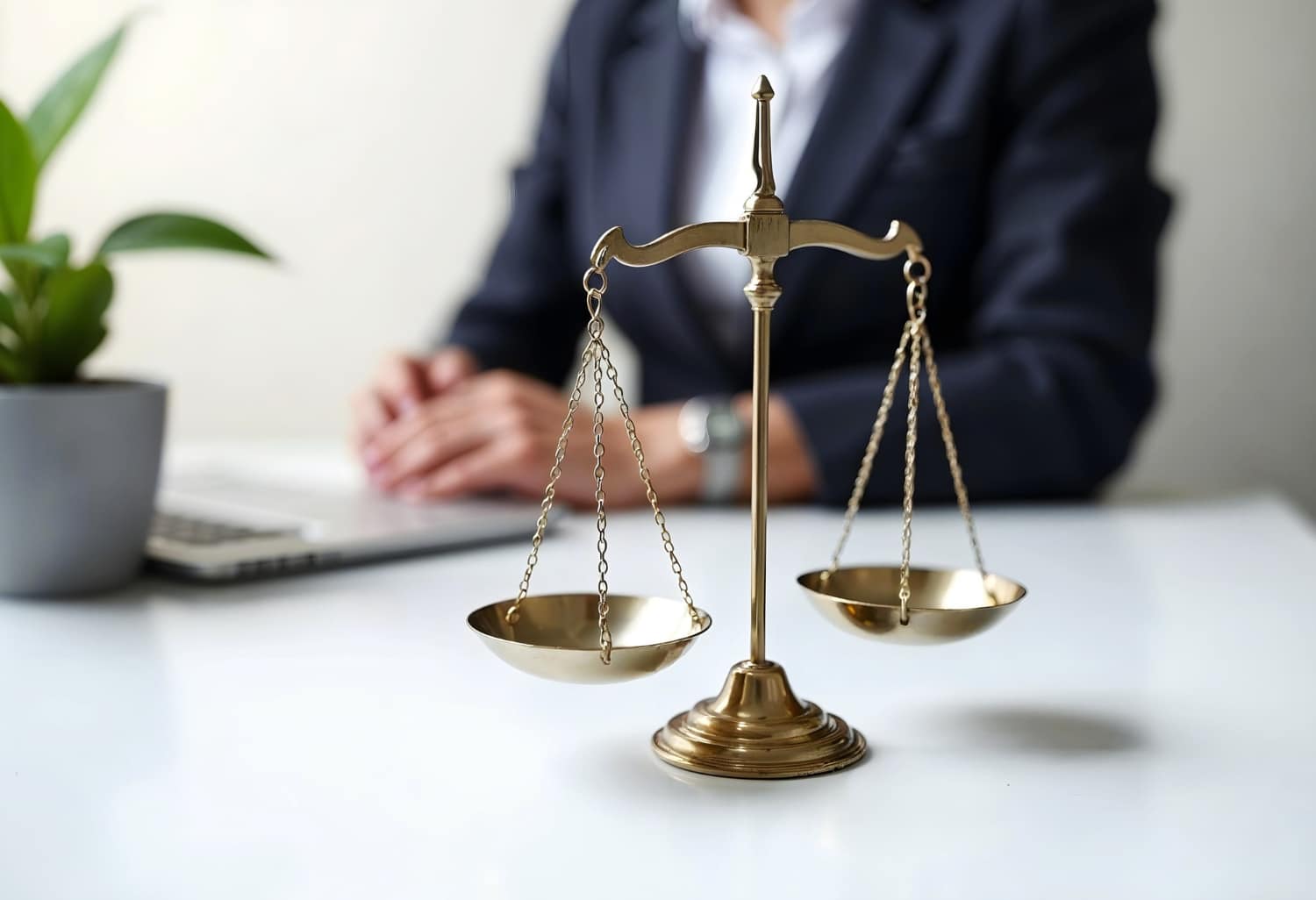Navigating the legal system can be quite a maze, especially when you trust someone with your legal matters and things don’t go as planned. Legal malpractice is when a lawyer fails to carry out their duties competently, affecting your case negatively. It’s more common than many realize, affecting the lives of individuals who may not know where to turn next. Understanding what can go wrong is key to safeguarding your interests and ensuring lawyers fulfill their duty to you as their client.
Residents in Tampa, Florida, should be particularly aware since state laws may affect how malpractice is identified and what steps to take next. It’s not just about knowing the law; it’s about understanding the local nuances that can influence a malpractice claim. Awareness of these issues enables effective communication with your attorney, thus preventing these situations from arising in the first place.
Miscommunication
One of the most prevalent issues in legal malpractice is miscommunication between the client and the lawyer. Misunderstandings can happen in various ways, from missed phone calls and neglected emails to forgotten meetings. All these seemingly minor lapses can result in a breakdown of the client-lawyer relationship, ultimately affecting the progress and outcome of legal matters.
Miscommunication can lead to broader consequences, including incomplete legal paperwork, unmet court deadlines, or even a complete misrepresentation of a case. For example, if a lawyer doesn’t fully understand the client’s expectations or if the client is unclear about the legal strategy, it can result in misguided legal advice or actions. This not only jeopardizes the case but can also strain the client’s trust in their legal representative.
To avoid these pitfalls, keeping open lines of communication is essential. Here are some helpful tips:
– Set Regular Meetings: Schedule regular check-ins with your lawyer to stay updated and address any concerns.
– Use Clear Language: Ensure both parties use understandable terms to prevent confusion. Avoid jargon unless both the client and lawyer are comfortable with it.
– Confirm in Writing: Always follow up on verbal agreements or conversations with an email or letter confirming what was discussed. This creates a record that both parties can reference.
– Ask Questions: Never hesitate to ask questions if something is unclear. Lawyers are there to help, and clarifying doubts is better than making assumptions.
By fostering clear and consistent communication, clients can help minimize the risk of legal missteps and maintain a collaborative relationship with their attorney.
Conflict of Interest
Understanding a conflict of interest is crucial when dealing with legal issues. This occurs when a lawyer’s responsibilities to one client are compromised by interests in another client, a personal matter, or their own interests. Such conflicts can lead to biased advice or representation that doesn’t serve the client’s best interests. Often, these situations might seem straightforward but can quickly spiral into complex legal quandaries if unnoticed.
Consider a scenario where a lawyer represents two parties with opposing interests in a business transaction. This dual representation can lead to compromised judgments, where the lawyer might unconsciously lean towards one party due to personal or financial reasons. Identifying such conflicts early can save you from potential issues down the road.
Spotting possible conflicts involves a few steps:
– Ask Directly: Upon initial consultation, ask your lawyer about any potential conflicts concerning your case.
– Review Their Client List: See if they represent or have previously represented parties with adverse interests.
– Transparent Disclosure: Encourage your attorney to openly disclose any relationships or interests that might affect your case.
By staying vigilant and proactive, you could prevent potential bias and ensure your lawyer remains dedicated solely to your interests.
Negligence in Legal Representation
Negligence in legal terms means a lawyer not meeting the expected standard of care in handling matters for their client. It can range from missing important deadlines to failing to file crucial documents. Such oversights might seem minor but can lead to significant consequences, including the dismissal of the case or unfavorable judgments.
Common signs of negligent legal representation include:
– Lack of regular communication about case updates
– Missing critical deadlines like court dates or filing deadlines
– Giving incorrect legal advice or making errors in legal documents
If you suspect negligence, taking immediate steps to address it is important. Start by expressing your concerns and seeking clarification on the particular issue. If unresolved, consider consulting with another attorney to evaluate your situation.
Breach of Contract
A breach of contract occurs when an attorney fails to deliver on agreed terms of the legal representation. This can involve neglecting duties specified in the contract, such as failing to follow through with court filings or not acting in the client’s best interest. Recognizing these breaches early can save time and potential legal battles.
Examples of contract breaches can include:
– The lawyer not maintaining confidentiality, exposing client details
– Failing to represent the client adequately in court
– Not fulfilling promised services within the agreed timeline
Should a breach occur, there are steps you can take to assert your legal rights:
– Review the Contract: Understand the exact obligations outlined in the service agreement.
– Document Everything: Keep records of all communications and evidence of the breach.
– Seek Legal Advice: Consult with another lawyer about potential actions, such as mediation or filing a complaint.
Keeping a close eye on these issues helps ensure that your legal representation remains effective and trustworthy. Legal matters are complex, and having a reliable lawyer is critical to navigating this often tricky terrain.
Facing legal issues can be overwhelming, especially when dealing with malpractice concerns. If you need guidance from a reliable legal malpractice attorney in Tampa, consider reaching out to Greco, Wozniak & Ruiz-Carus, P.A. With their expertise, you can navigate your legal challenges more effectively and ensure your interests are well protected.






